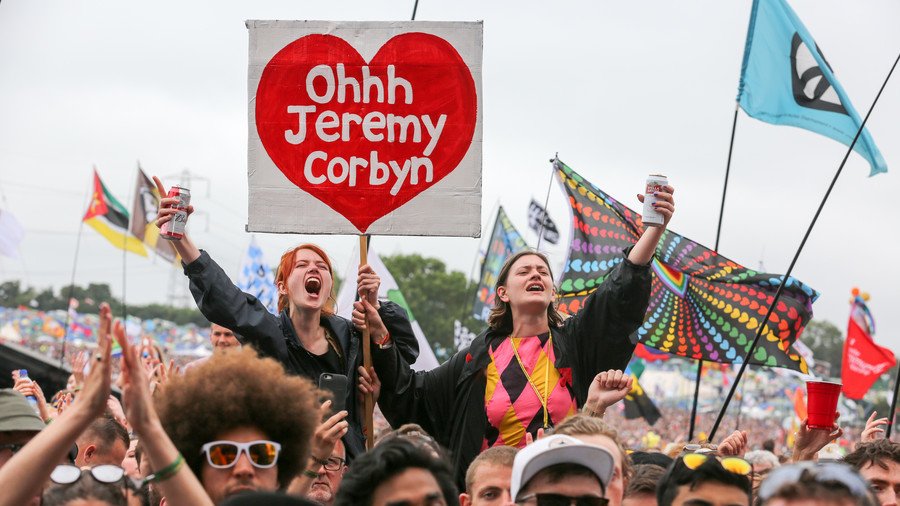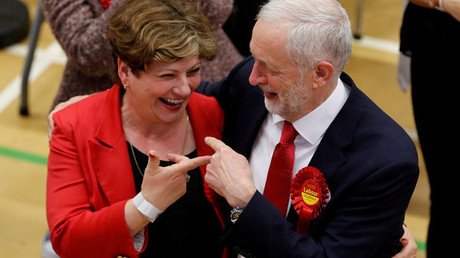‘Youthquake’ named word of year by Oxford Dictionaries… but has anyone actually heard of it?

‘Youthquake’ has been made word of the year by Oxford Dictionaries, which claims its use increased four-fold this year. But the choice was deemed “insane” by a baffled public, with claims the word has “never been heard of before.”
Defined as “a significant cultural, political, or social change arising from the actions or influence of young people,” the term ‘youthquake’ was first coined in the 1960s by Vogue editor Diana Vreeland, who used it to describe a breakthrough in the world of art and fashion.
Now, the word of the year is supposed to be a term that has attracted a "great deal of interest during the year to date." But the public has been quick to point out how the word has scarcely been heard of.
Yeah, I've heard it used loads.. Said no one ever! Now, have you heard of the word sarcasm? #youthquake#OxfordDictionariespic.twitter.com/SN13smUL9C
— Jason Rodriques (@Jason_Rodriques) December 15, 2017
#youthquake - I wanted to put WTF? but I prefer Phils answer..... youthquake. A word I never heard of until today, yet its been around since 1960.... so how is it the word of 2017??? #confused should be the word of the year pic.twitter.com/BEsEcuQPPe
— Sam 🦄⛄️🍾🎄 (@netmumblog) December 15, 2017
One user resorted to memes to describe the absurdity of the choice:
#youthquakepic.twitter.com/TJJQaYTWGL
— Harriet Eve Bell (@Babybellno1) December 15, 2017
Another highlighted how the word has barely been heard of, and yet it is being hailed as Oxford’s new 2017 entry.
If I had a pound for every time someone said #youthquake this year..... pic.twitter.com/gclEp5WADZ
— claire simmons (@culture_claire) December 15, 2017
One branded the coinage “fake news” – the expression that was made word of the year by Collins Dictionary in 2016.
— Will Hirsch (@willhirsch) December 15, 2017
One of the likely reasons for Oxford Dictionaries’ choice is the influence young people had in winning so many votes for Jeremy Corbyn during the general election in June. But given today’s state of affairs in Britain, it would seem far-fetched to claim a substantial change has happened – let alone because of young people.
Can we really associate much-maligned, rarely-praised #millennials with a #youthquake - or #centennials come to that?
— Tony Thorne (@tonythorne007) December 15, 2017
This was echoed by another Twitter user, who mocked:
Youthquake is a social and political movement made by young people. The only movement I'm making is back to my parents house because I can't afford my own. #youthquake#housing
— Georgie Cheeseman (@CheesemanGeorge) December 15, 2017
While talking on the BBC’s Today program, Oxford Dictionaries consultant Susie Dent couldn’t actually provide an example of how the term would crop up in everyday speech.
The perplexity was echoed on Twitter, where people went out of their way to construct a sentence with ‘youthquake’.
Me trying to look for uses of the word youthquake 🙄 #youthquake#OEDpic.twitter.com/9DwpvKCnV1
— Beth Siobhan Fennell (@BethSiobhan) December 15, 2017














